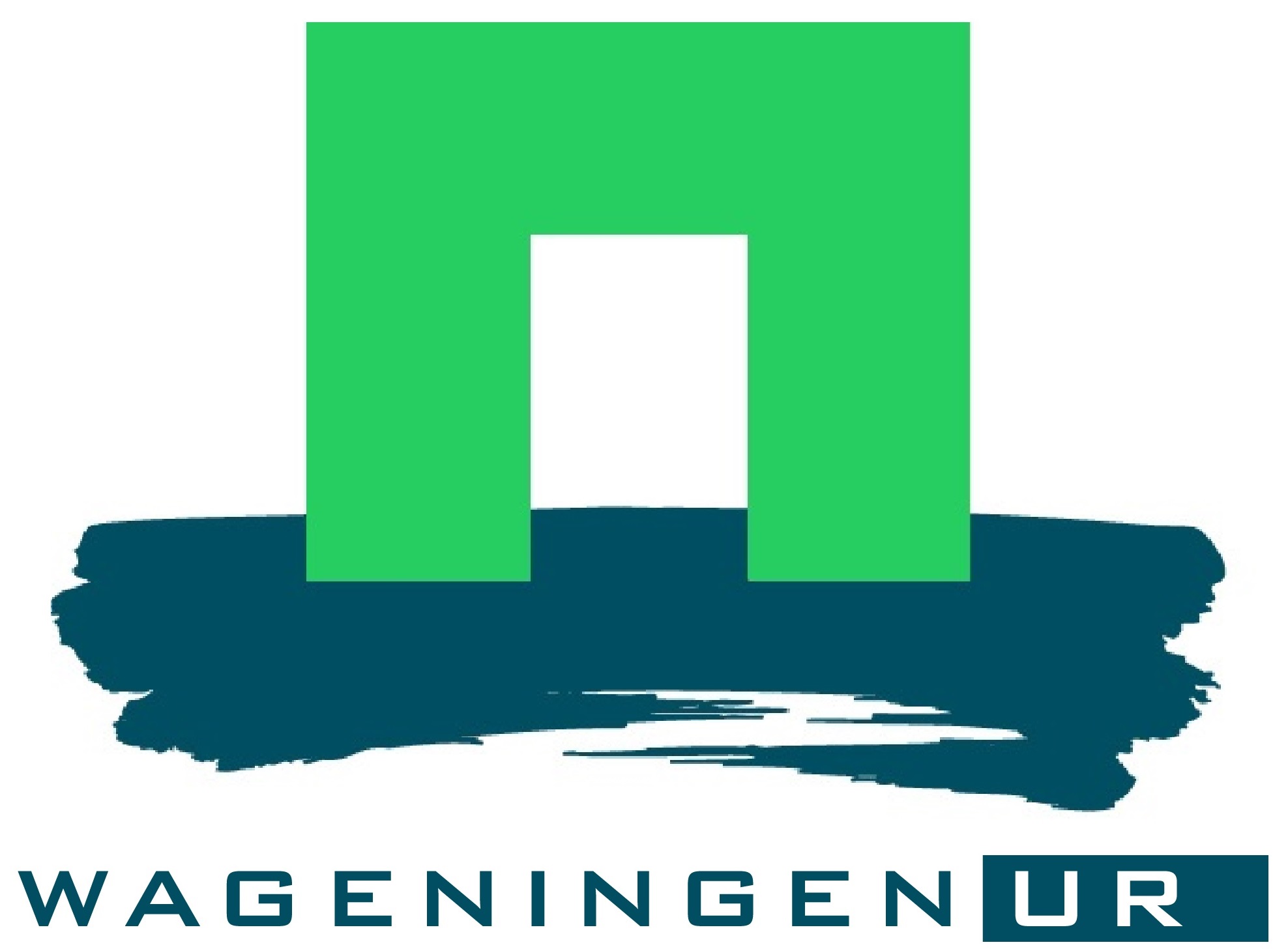Location
6700 HB Wageningen
Wageningen University & Research is a collaboration between Wageningen University and the Wageningen Research foundation.
That is the mission of Wageningen University & Research. A staff of 6,500 and 10,000 students from over 100 countries work everywhere around the world in the domain of healthy food and living environment for governments and the business community-at-large.
The strength of Wageningen University & Research lies in its ability to join the forces of specialised research institutes and the university. It also lies in the combined efforts of the various fields of natural and social sciences. This union of expertise leads to scientific breakthroughs that can quickly be put into practice and be incorporated into education. This is the Wageningen Approach.
The scientific quality of Wageningen University & Research is affirmed by the prominent position we occupy in international rankings and citation indexes.
The domain of Wageningen University & Research consists of three related core areas:
- Food and food production
- Living environment
- Health, lifestyle and livelihood
Wageningen University & Research has branches all over The Netherlands and abroad. A large number of lecturers, researchers and other employees are based at Wageningen Campus.
Members:
Resources
Displaying 146 - 150 of 2102007 : van goed onderzoek naar beter beleid
In 2007 is het onderzoek van het cluster VLG ondergebracht in zeven onderzoeksthema’s: Bodem, Water, Klimaat, Stad & Platteland, Landschap, Europees Plattelandsbeleid en Investeringsbudget Landelijk Gebied (ILG). Wat is het effect van de onderzoeksresultaten voor het beleid? Hoe komen we tot goede kennisvragen? Hoe kan het beste verbinding maken tussen het wetenschappelijk onderzoek, beleid en de praktijk? Deze veelgestelde vragen zetten kennisdoorstroming en kennisbenutting hoog op de agenda.
Worlds apart : interactions between local initiatives and established policy
This thesis presents three case studies about private actors aspiring to realize their innovative ideas on land management and design in three different areas in the Netherlands. In appearance, these three areas are very different but they are all dynamic and are all located near cities. In size, the areas range from seventy to a few hundred hectares. Socially, they are highly dynamic as well, with various groups and organizations seeking either to make changes or to conserve what they value, and taking action to promote their ideas.
Food insecurity in fragile lands: Philippine cases through the livelihood lens
The purpose of this thesis is to examine the nature and scope of the linkages between the resource environments, livelihoods and food security of households and individuals. These are analyzed using the livelihood systems framework with the biophysical environment as the entry point. The biophysical and socio-economic environments are investigated as the conditioning and influencing factors that help define the relationships along the production-consumption continuum. The context is spatial, in this case that of fragile areas, where most of the poor and food insecure live and work.
Klimaatverandering, een nieuwe crisis voor onze landschappen
De landschappen in ons land zijn ‘man made’ en tot enkele decennia geleden nog met een geheel eigen ‘gezicht’. De afgelopen halve eeuw zijn er telkens schoksgewijs grote landschappelijke veranderingen aan de orde geweest door veranderingen in het landgebruik, en de effecten van klimaatverandering komen daar nog bovenop. Dit rapport gaat in op de effecten die optreden door de ‘mediterranisatie’ en zeespiegelrijzing en hoe dat doorwerkt in de identiteit van het landschap. Landschappelijke verandering mondt uit in het verloren gaan van kenmerken, maar er ontstaan ook weer nieuwe.
Re-Energize South Limburg: Designing sustainable energy landscapes
Designers, architects and planners must begin to anticipate the far reaching changes we are facing in connection with climate change. What if we take action and actively participate in the transition from fossil-fuel driven society towards a more sustainable society? This Wageningen University paper intends to discuss some of the spatial opportunities and consequences of a sustainable energy transition in relation to climate change and depletion of fossil-fuels.




